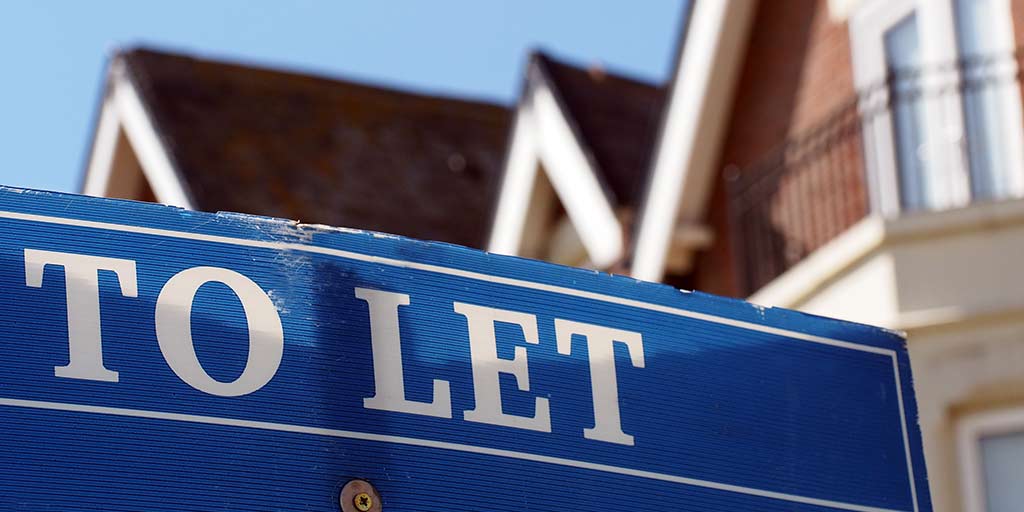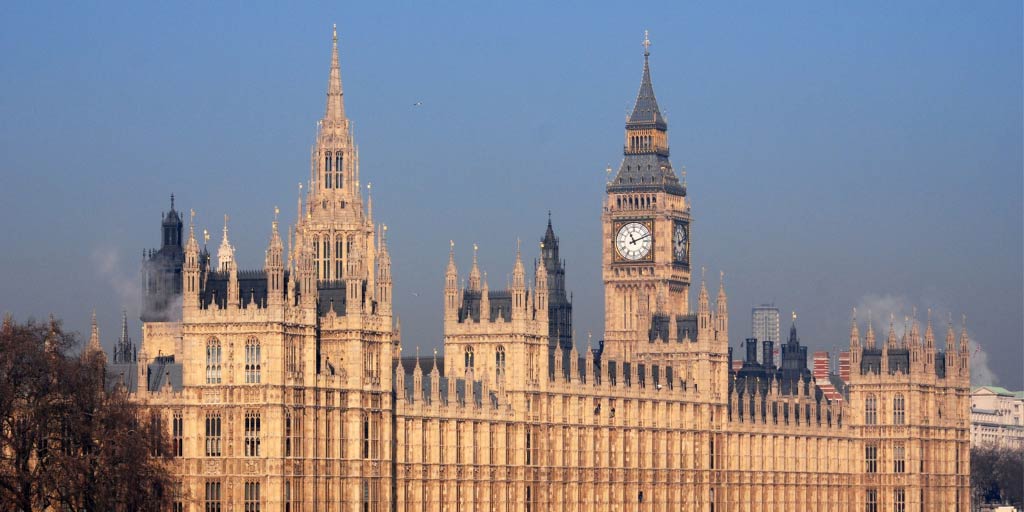This information should not be interpreted as financial, tax or legal advice. Mortgage and loan rates are subject to change.

Categories: government and politics | portfolio landlords
The uncertainty surrounding the Autumn Budget weighed heavily on the minds of UK private landlords, particularly the threat of capital gains tax (CGT) hikes.
The increase in stamp duty land tax (SDLT) on second home purchases was an unwelcome surprise to many, but market insights from a leading letting and estate agents indicate that private landlords are persevering.
Seven pillars for Autumn Budget
A survey by Benham and Reeves found that one in five landlords had delayed their buy to let investment plans until the Autumn Statement was revealed.
The possibility of CGT being increased was a primary concern for this portion of landlords. 22% of them would have cut down their property portfolios in the event of a CGT hike, with 10% of them saying they would have left the Private Rented Sector (PRS) altogether.
However, as anticipated by many outlets, CGT was not increased. So, the key deciding factor that could have led to a much larger ‘private landlord exodus’ was removed from the equation.
As a result, 84% of private landlords surveyed have decided to stay in the buy to let sector, and a further 4% expect to increase their property portfolios in the near future. This certainly seems like a good omen for the PRS.
Effects of SDLT rises
Private landlords did not emerge from the Budget announcement completely unscathed, though. As said, the 2% increase in stamp duty owed on second home purchases was quite a blow.
With the sudden implementation of this on the 31st October – a mere day after the Budget announcement – some landlords may find themselves in the unfortunate position of needing to find additional funds at short notice.
Due to this, some PRS landlords said they have no desire to increase their portfolios. The portion that are still set on doing so are not expanding as much as they previously planned.
Marc von Grundherr, director of Benham and Reeves, commented on the survey results:
It’s clear that whispers of a capital gains tax hike in last week’s Autumn Statement were a considerable concern for around one in five landlords and, had they come to fruition, we could have seen a worsening of the current rental crisis as more landlords chose to call time on their buy-to-let investment.
“The fact it didn’t materialise has been well received, not just by domestic landlords, but also foreign investors, who are more than happy to pay as it only applies to the net profit they generate. When you also consider that this rate has actually been reduced from the previous rate of 28%, many actually view themselves as better off in the current market.
“However, it’s clear that whilst they didn’t escape completely unscathed, a two per cent hike in second home stamp duty costs is a slightly bitter but manageable pill to swallow.
“The buy-to-let sector remains one of the safest and most consistent avenues of investment despite the government’s best efforts and the vast majority of landlords continue to recognise this. The additional upfront cost now required by way of stamp duty is one that can be mitigated within a very short time period and so we don’t believe it will have much of a detrimental impact on the rental sector.
Though many decisions in the Autumn Budget have brought uncertainty to various sectors, the PRS has come out of it in a relatively good position.
Speaking on the immediate reaction of landlords in the mortgage broker arena, Jorden Abbs, chief executive of Commercial Trust had this to say:
There was definitely a sense that landlords were watching and waiting for the Budget outcome, but almost as soon as it was announced activity increased.
“I am pleased that capital gains tax was not targeted. Whilst the increase in stamp duty was unwelcome for property investors and landlords, it is not a barrier to investment. We look forward to a busy end of the year as clients press forward with their investment plans.
If you are ready to progress your investment plans, call our advisors today to explore mortgage and bridging loan options that are currently available.


